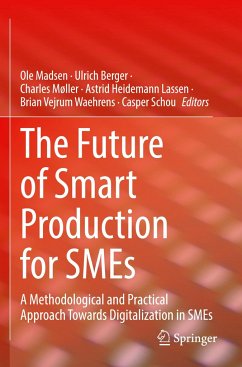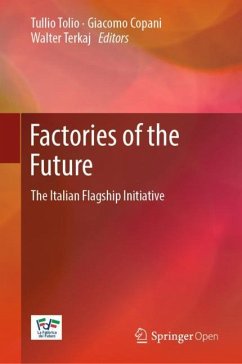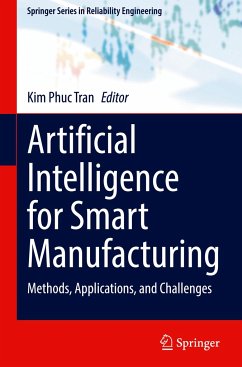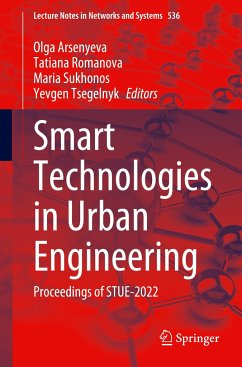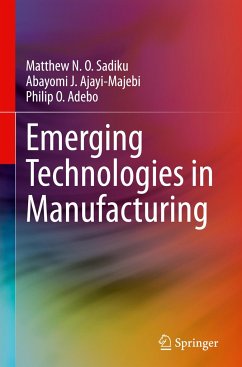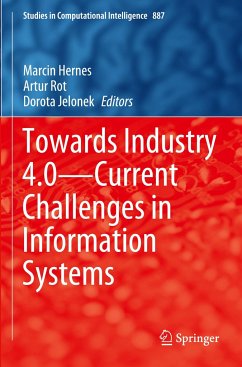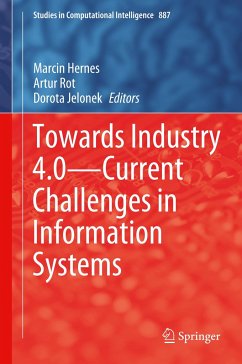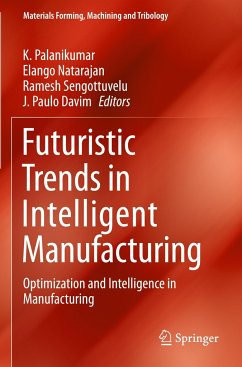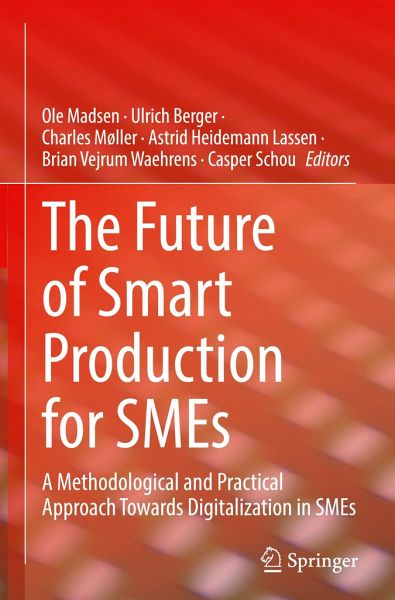
The Future of Smart Production for SMEs
A Methodological and Practical Approach Towards Digitalization in SMEs
Herausgegeben: Madsen, Ole; Berger, Ulrich; Møller, Charles; Heidemann Lassen, Astrid; Vejrum Wæhrens, Brian; Schou, Casper

PAYBACK Punkte
53 °P sammeln!
This book explains and exemplifies how SMEs can embrace the Smart Production approach and technologies in order to gain a beneficiary outcome. The book describes the Smart Production vision for SMEs, as well as the method to get there. The concept behind the book is based on the long-term experience of the authors in researching and tackling problems of SMEs in the manufacturing sector. The book provides applied methods and obtained solutions in different branches and different sizes of SMEs, encompassing a broad survey of our markets and societies. The perspective is systemic/holistic and int...
This book explains and exemplifies how SMEs can embrace the Smart Production approach and technologies in order to gain a beneficiary outcome. The book describes the Smart Production vision for SMEs, as well as the method to get there. The concept behind the book is based on the long-term experience of the authors in researching and tackling problems of SMEs in the manufacturing sector. The book provides applied methods and obtained solutions in different branches and different sizes of SMEs, encompassing a broad survey of our markets and societies. The perspective is systemic/holistic and integrated including human, organizational, technological, and digital perspectives.



